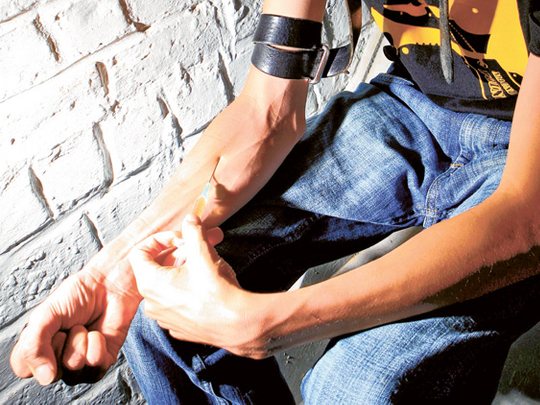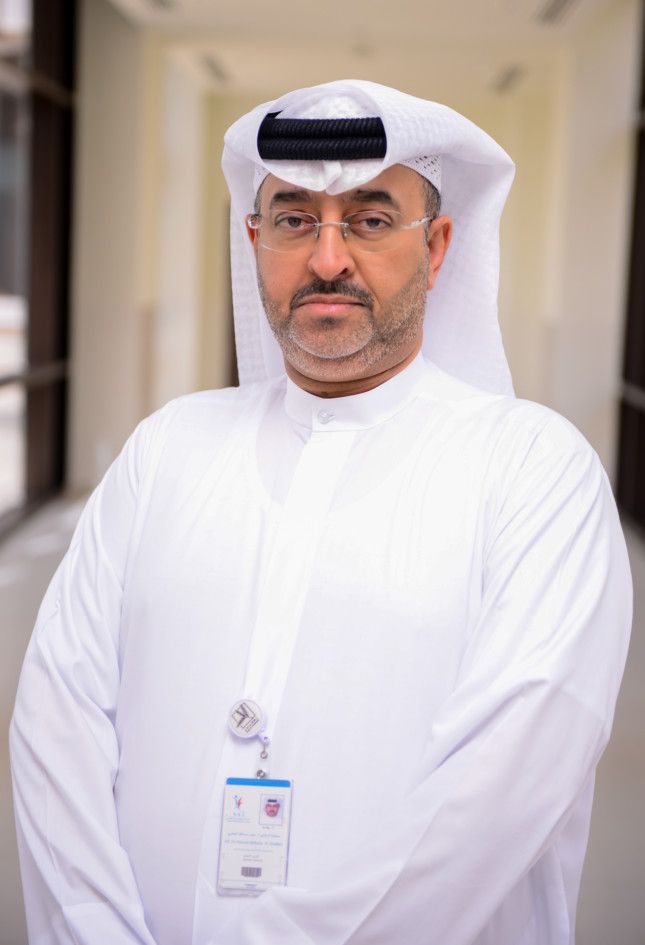
Abu Dhabi: Patients with addictive behaviours and substance abuse concerns are especially at risk of contracting the coronavirus and suffering from its complications, a top health official has warned.
Dr Hamad Al Ghaferi, director general at the National Rehabilitation Centre (NRC), has therefore cautioned families to watch out for warning signs in order to ensure that addicts do not relapse into problematic behaviours.

“Patients with addiction are immunocompromised, and are therefore more prone to contracting COVID-19, as well as suffering from its complications. But in addition, the strict social environment and social isolation has increased their risk of suffering from mood disorders,” Dr Al Ghaferi told Gulf News.
“We have noted that 41 per cent of patients with addiction have developed post-traumatic stress disorder, while seven per cent have come down with depression. In addition, there has been a 75 per cent increase in online gaming addictions,” he added.
The official was speaking on the International Day against Drug Abuse and Illicit Trafficking, which is marked annually on June 26 to strengthen action and cooperation towards a society free of drug abuse.
The NRC offers rehabilitation services in Abu Dhabi, and has noted that prescription medications and heroin are the most widely abused substances in the UAE after tobacco.
Dr Al Ghaferi advised families and community organisations to keep an eye on their vulnerable members, especially those who had previously suffered from addiction issues.
“If you notice empty bottles lying around the house, or a disinterest in previously enjoyable activities, it is best to consult an expert,” he said.
“Our observation has been that women with addiction have been more prone to mood disorders during this coronavirus crisis, as are those within lower income groups and those in conflict with the law or the community. These people need access to mental health services during this challenging time, as well as security of housing, food and medicine,” the official added.
To that end, the NRC has been operating thoughout the coronavirus crisis, including keeping outpatient clinics open and offering virtual therapy and consultations.
“In collaboration with international organisations, we anticipated the adverse impact of COVID-19 on the recovery and health of patients with addiction, and began preparing to deal with it from February onwards,” Dr Al Ghaferi said.
Both Emirati and expat patients with addiction can approach the NRC.
Treatment for Emiratis is free.
“Our rates otherwise are cheaper than international treatment costs at just Dh300 per session. It is only for the first session that costs range between Dh1,100 to Dh1,250 per patient. This is because this evaluation includes a full psychosocial and medical assessment along with laboratory tests,” Dr Al Ghaferi said.
The official added that the NRC is also currently working with insurance providers in order to expand their coverage for expat patients.
Possible signs of addiction
Sudden change in social interactions
Unexplained weight loss or gain
Change in sleeping patterns, like insomnia
Superficial bleeding
The appearance of scars
Evidence of empty medicine bottles
Marked disinterest in activities
Nervousness
Gastrointestinal discomfort and change in eating patterns








